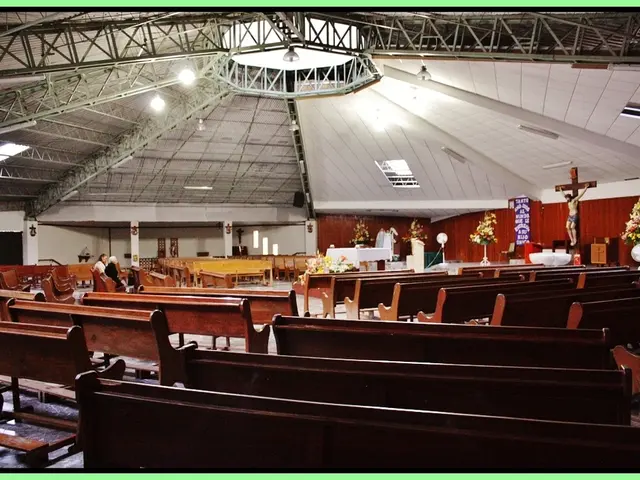Government Intends to Extend Electric Vehicle Lifespan: Major Reforms for Owners Announced
The Indian government has announced plans to exempt electric cars, buses, and trucks from the End-of-Life (EoL) rule, aiming to align policy with sustainability goals and ease the total cost of ownership.
Under the current EoL rule, all vehicles are required to be de-registered after 15 years, unless re-registered. In some states, petrol cars over 15 years and diesel cars over 10 are prohibited. However, electric vehicles (EVs) will now be exempt from this rule, as part of a broader push towards a greener transportation sector.
This decision comes after a meeting between the Finance Ministry and major banks, where concerns over their hesitation in financing electric buses and trucks were addressed. Banks have also requested a transparent residual value blueprint and specific battery replacement incentives to reduce default risk.
The cost of replacing the battery for electric vehicles, which typically occurs every 6-7 years and equates to 40-50% of the vehicle value, is a significant issue. To address this, banks and the government are calling for incentives to encourage battery replacement and maintenance.
India's EV uptake accounted for only 7.6% of overall vehicle sales in 2024, falling short of the 30% national goal for 2030. The exemption of EVs from the EoL rule could stimulate fleet electrification and enhance the return on investment (ROI) for fleet operators. For private EV owners, the formal exemption might increase long-term resale prices, lower depreciation, and enhance the ability to access longer-term vehicle loans.
The non-standardisation of battery types is a challenge in the electric vehicle industry. To overcome this, the Ministry of Power is due to hasten the transition to CAFE standards for urban freight trucks and commercial trucks, which could promote standardisation and increase efficiency in the sector.
The exemption of company vehicles such as electric cars, buses, and trucks from the EoL regulation in the near future is due to planned EU regulatory updates aimed at promoting resource efficiency and sustainable recycling of vehicles. These revisions are intended to support the circular economy by encouraging longer use and better material reuse, particularly for electric vehicles, reflecting their different lifecycle and sustainability characteristics compared to conventional vehicles.
The step could push legacy and new EV players to target commercial segments aggressively, particularly intercity bus and freight logistics businesses. Two-wheelers and three-wheelers currently lead EV sales, while electric buses and trucks are restricted to certain sectors due to cost and infrastructure issues.
Financial Services Secretary M Nagaraju led the meeting with banks, with the aim of fostering a more supportive environment for the adoption of electric vehicles in India. The exemption from the EoL rule is a significant step towards achieving the country's sustainability goals and fostering a more sustainable and economically viable transportation sector.
Read also:
- Accident at Rodalben Results in Injuries; Geoskop Area near Kusel Affected After Stormy Weather
- Army attack in Darfur results in at least 12 fatalities, according to observers
- Rapid diagnostic test using a brief swab of the cheek may identify life-threatening heart condition in pediatric patients, as asserted by medical professionals.
- Prolonged combat for Gaza City forewarned by Israeli military forces








